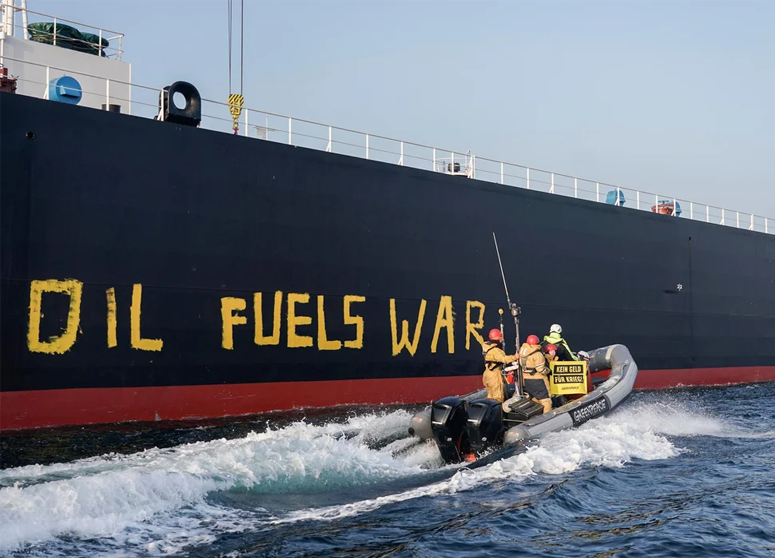
Turkey says it has started requesting proof of insurance from tankers loaded with Russian crude oil as Moscow expressed concern about a build-up of oil tankers in the Bosphorus Strait.
At least 20 oil tankers queueing off Turkey face more delays to cross from Russia’s Black Sea ports to the Mediterranean as operators race to adhere to new Turkish insurance rules added in advance of a G7 price cap on russian oil.
Russia is discussing the issue with insurance and transport companies. If the problem is not solved, of course, there will be involvement on the political level.
Turkish maritime authorities issued asking for additional guarantees from insurers that transit through the Bosphorus would be covered starting from the beginning of this month.
Disruptions in tanker traffic from Russia’s Black Sea ports to the Mediterranean are a result of a new Turkish insurance rule, not the price cap on Russian oil agreed by a coalition of G7 countries and Australia, an official with the group said on Tuesday.
But a Turkish official denied that the measure was slowing the passage of oil ships to world markets through the Bosphorus and Dardanelle Straits.
The European Union and the G7 agreed to block Western insurers from covering ships that intend to sell Russian oil for more than $60 a barrel.
A source told the AFP news that Turkish officials began requesting proof of insurance from tankers passing from Russia at the start of the month.
An official source told AFP on condition of anonymity that authorities “want to be sure about the coverage” because Western insurers have started to cancel it.
The majority of international insurers no longer provide coverage for Russian crude.
Turkey’s new rules have created a logjam of tankers in the two straits. The official said there were no “significant” changes to marine traffic and that Turkey could take extra measures to “prevent congestion”.
Kazakhstan, a large oil exporter, said that the build-up of the oil tankers at the Bosphorus is normal during the winter season.
The waiting time in the Bosphorus and Dardanelles is six days for now. For the winter season, this is a normal wait; last year, the wait in the straits in December was about 14 days.
by Yana Keller




